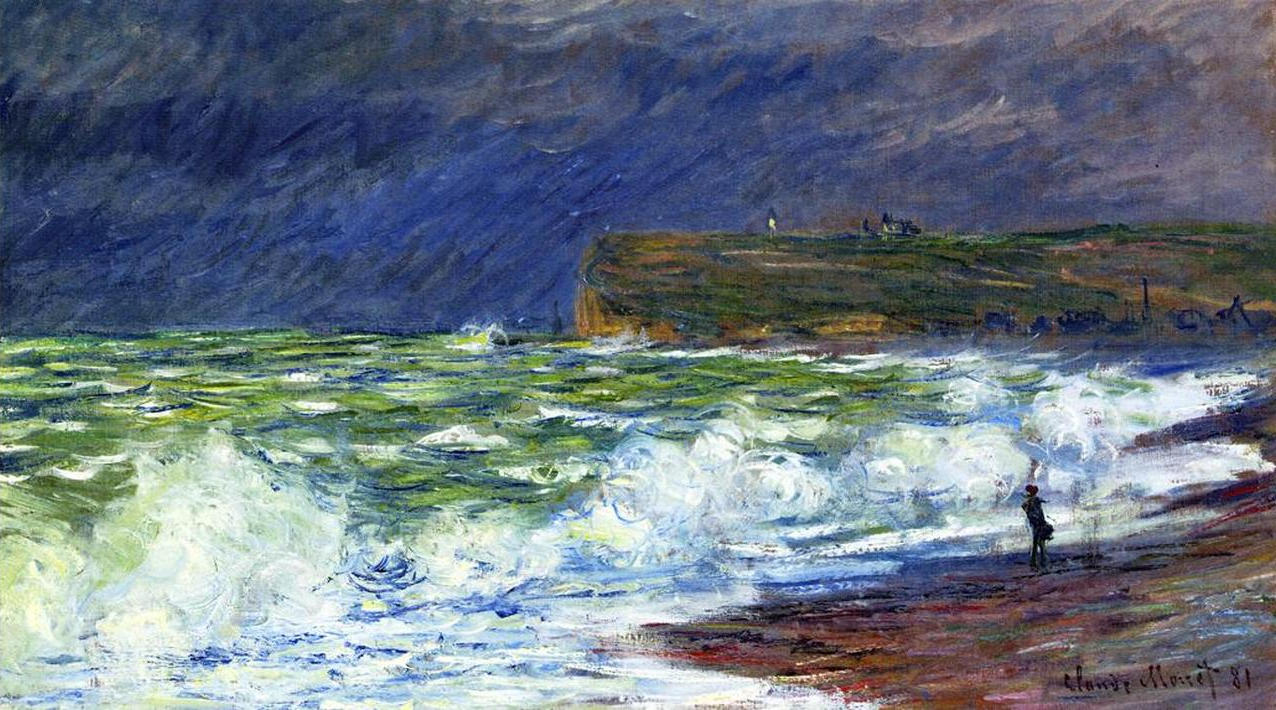A boat on the ocean
Category: Piano pieces
Tags: Ravel, Mirrors, Miroirs, ocean, rational, reflection, soul, subjective, Une barque sur l'océan, JC recordings

What did Ravel mean when he called a set of piano pieces “reflections,” which is Miroirs in French? What are they reflecting?
Ravel’s own explanation seems to leave even more questions unanswered. First of all, he seems to protest that his music is not about the vagaries of psychological perception. Then he quotes Shakespeare’s Julius Caesar:
the word ‘mirror’ should not lead one to assume that I want to affirm a subjectivist theory of art. A sentence by Shakespeare will help me to formulate a completely opposite position:
. . . ‘the eye sees not itself But by reflection, by some other things.’
I am still struggling to work out what Ravel meant. My personal interpretation is that Ravel wants his music to be perceived with “physical accuracy.” It’s not mysticism or some over-the-top psychological drama. Instead, it’s more subtle and almost rational, grounded in the real, relatable image of the boat on the ocean.
Things get interesting with that Shakespeare quote. Ravel’s piano pieces are presumably the “reflections” since their title is exactly that. Does that mean we can see “eyes” in the music, eyes being “the window to the soul”? Are they Ravel’s “eyes,” and therefore Ravel’s inner world … or are they just our own eyes? Is this music merely a mirror revealing my own thoughts, instead of carrying a “message” itself?
I really cannot answer these questions. This mystery is what I find fascinating.
Here is the third movement of “Miroirs” by Ravel, titled “A boat on the ocean” (une barque s’ur l‘océan). “The eye sees not itself but by reflection.”
Painting: The Beach at Fécamp by Claude Monet (WikiArt)